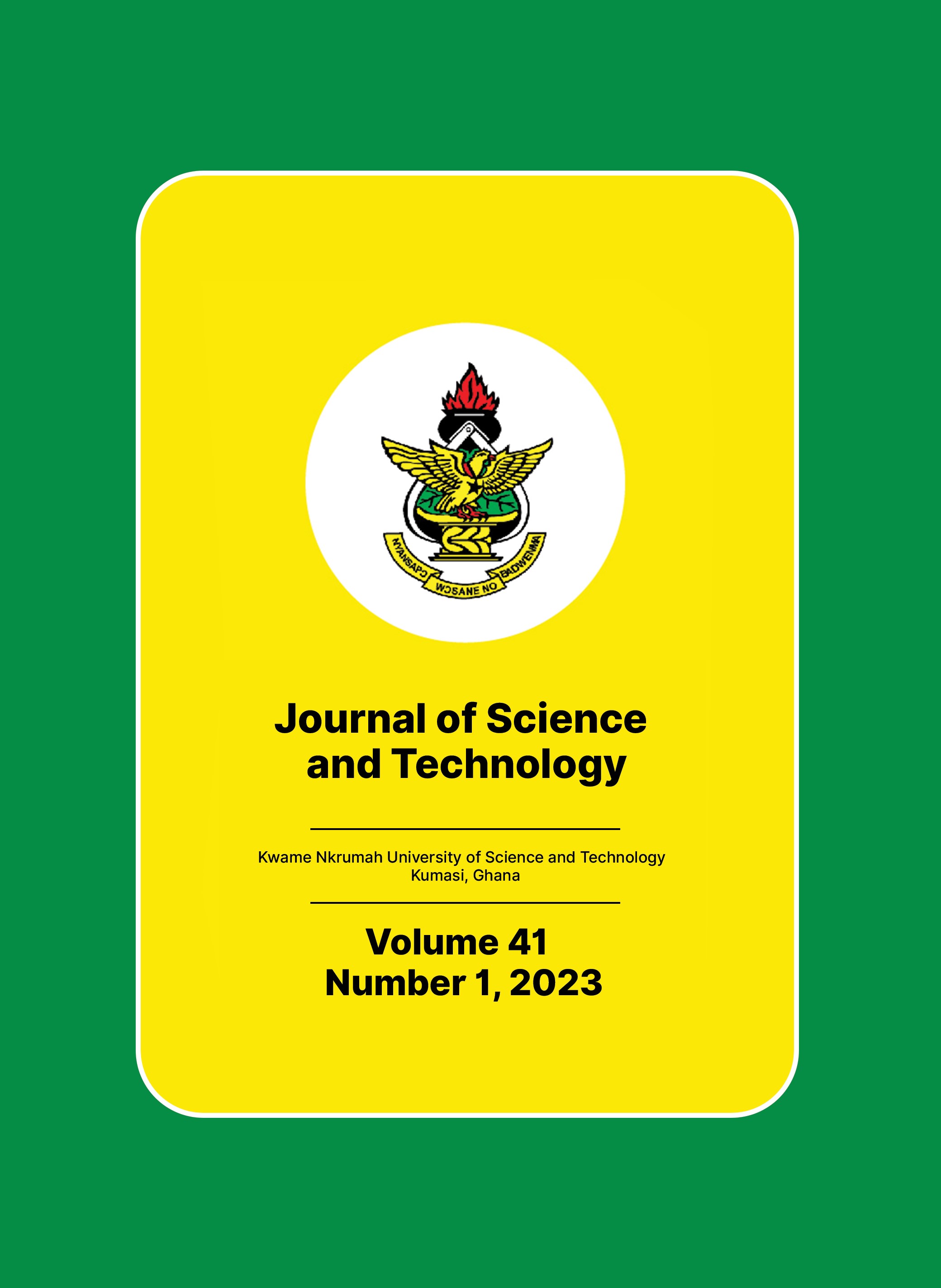Main Article Content
Food Label Experiences Among Tertiary Students in the Western North Region of Ghana
Abstract
Food labels are important tools for promoting healthy eating, preventing food borne diseases and food allergies. Examining consumers’ experiences with food labels helps to measure their impact in fulfilling these purposes. A survey was conducted among 193 students from three Training Colleges in the Western North Region of Ghana. A validated questionnaire was used to solicit information on demographics, nutrition knowledge exposure, food label use, factors and challenges that affect food label use. There were 53.9% males and 46.1% females, with the majority of them within the age of twenty and twenty-five years (86.1%). Most participants viewed food labels as very important information used in the choice of packaged foods (89.6%). Food label information, often read by users were the expiry dates (94.2%), name of the product (89.1%) and manufacturing dates (83.9%). With nutrition information, participants focused very often on proteins (69.9%), fats (62.2%), vitamins and minerals (63.2%). Factors that influenced food label use were nutrition knowledge (73.1%), health status (70.5%) and educational level (61.1%). Even though food label use was high among participants, they strongly agreed that small font size (39.9%), inability to interpret nutritional values (36.3%) and unfamiliar terminologies (35.8%) impeded maximum utilization of the information. In addition, 48.2% agreed that limited time for shopping also limited their use of food label information. The study, therefore, suggests that public education on food labels should be intensified and policies that will simplify food label information should be considered to enhance better understanding and consequently promote healthy food choices.






